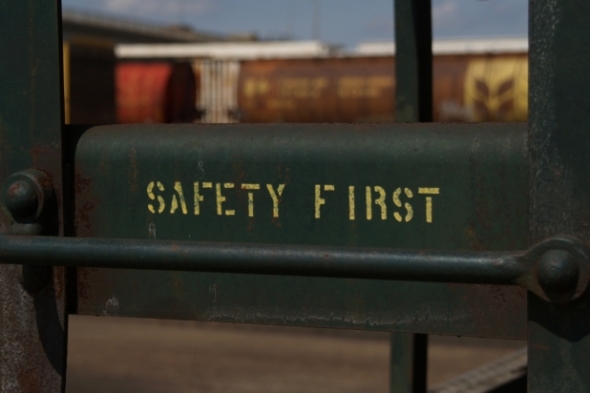Or do high profits create the opportunity for a safe workplace?
The success of Paul O'Neill as CEO of Alcoa Corporation has resurfaced in the book, The Power of Habit: Why We Do What We Do in Life and Business, by Charles Duhiggs.
Prior to becoming US Treasury Secretary in the Bush Administration, O'Neill took on the task of turning a "tired" and "floundering" company into a highly profitable and efficient organization. To simplify his formula for success, he created and led a new mindset of safety in the workplace no matter the cost. Employee safety became the main goal of Alcoa.
Critics emerged from everywhere questioning O'Neill's belief that a goal of zero workplace injuries would result in high corporate earnings. The facts proved the critics were wrong, and history continues to show continuous financial growth after O'Neill retired from the company.
From 1987 to 1991, the employee injury rate decreased 50%. Because of the culture O'Neill created, the injury rates continued to decrease even after he retired from Alcoa and continue to do so today.
During his leadership, company sales increased 15% each year, and the earnings per share increased seven times the level when he joined Alcoa.
Obviously, most employers are not the size and financial stature of Alcoa. But, what can all organizations gain from the "O'Neill Formula for Financial Success?"
No one can argue that making sure employees leave work for home as healthy as they arrive at work is a bad idea. Let's face it — creating a safe work environment should always be the top priority for any organization. Most employers believe safety is important, but they feel they don't have the time or resources to adequately address all issues. The solution to the employer's dilemma is to align themselves with a risk insurance advisor who can help an employer plan, implement and lead their organization through a consistent process to achieve measurable results of improvement.
If an employer's risk insurance advisor relationship does not have the interest, resources, knowledge and experience to be a coach and leader for a program like this, it should be time to find a new relationship. Keeping valuable assets safe, like employees, and helping to keep an organization financially sound are of the utmost importance.
Financial success can be achieved at different levels — the O'Neill approach will rally all stakeholders and result in outcomes that you could not have imagined. Certainly, O'Neill's detractors felt that way until they saw the results.
What has your risk insurance advisor done for you lately to help you achieve your financial goals?





